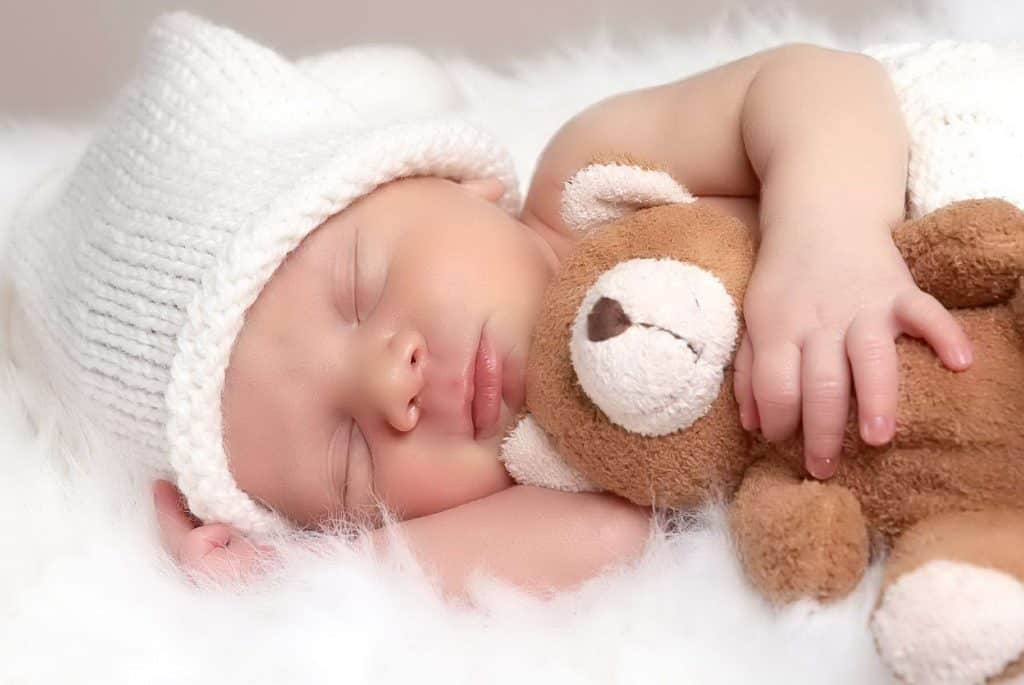New parents are often taken by surprise by their newborn baby’s sleep patterns. And yet, newborns should sleep an average of 15-16 hours per day. Research shows that when babies sleep, their nervous system settles. Babies’ growth rate and sleep time are therefore related.
Sleep and the developing brain:
Sleep has been shown to be important for maturation of infants’ brains and consolidation of their memories. Several studies have shown that babies with more efficient nighttime sleep (greater percentage of time spent asleep during the night) had higher cognitive scores.
How sleep and temperament are connected:
Babies that sleep more at night have been found to have an “easier” temperament, being more approachable, less distractible, and more adaptable. In a study of well-rested vs. fatigued infants (i.e. missed nap), the fatigued infants were more easily frustrated and more distressed by a brief separation from their mothers. In multiple studies of interventions that improved infants’ sleep, parents noted that their babies were more secure, predictable, less irritable, and less fussy.
Infant sleeps corresponds to healthy:
Research suggests that babies who don’t get enough sleep are at higher risk of being overweight by the time they hit age 7.
“Most growth hormone is secreted during sleep”


